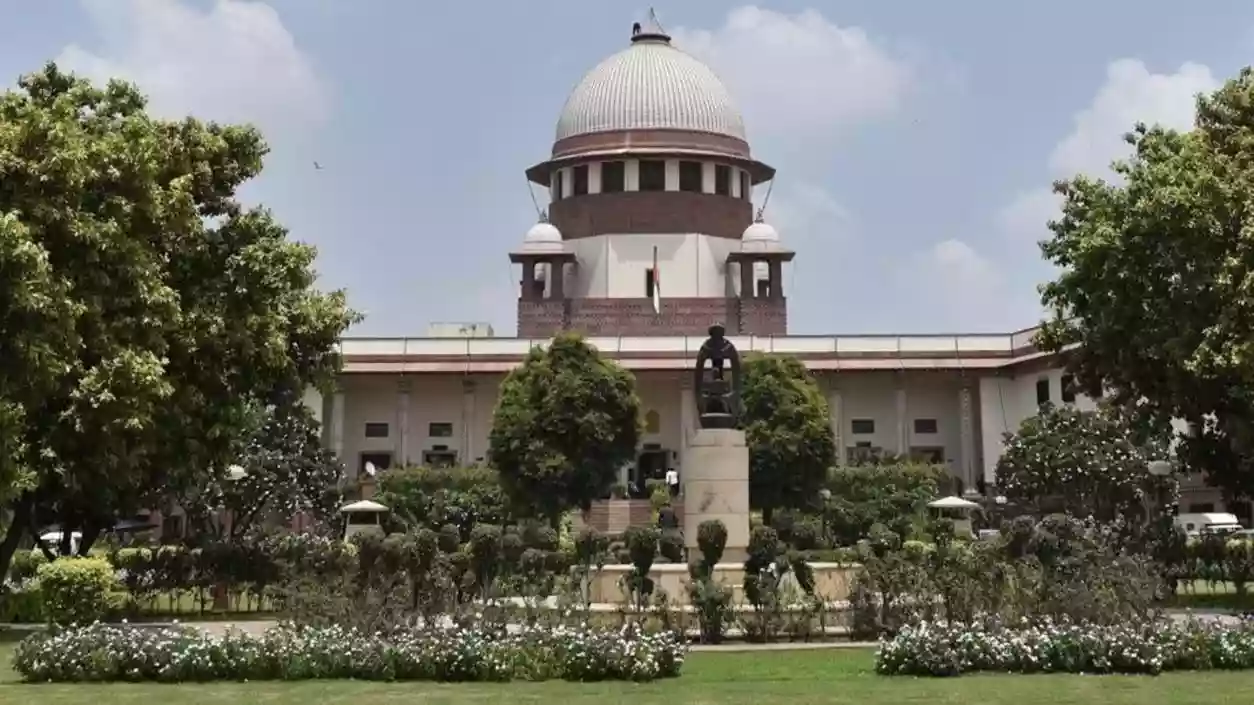Speeding bus mows down pedestrian at MG Road more, driver flee
.gif)
.gif)

The Supreme Court of India has prohibited all lower courts from admitting new pleas or passing orders in pending cases seeking surveys of mosques to determine if temples lie beneath them. The interim order halts proceedings in disputes related to places of worship, including high-profile cases involving the Gyanvapi Mosque in Varanasi, Mathura Shahi Idgah, and Sambhal Jama Masjid.
The order was passed by a bench comprising Chief Justice of India Sanjiv Khanna, Justice Sanjay Kumar, and Justice KV Viswanathan during hearings on petitions challenging the Places of Worship (Special Provisions) Act, 1991. This Act mandates that the religious character of places of worship remain as they were on August 15, 1947, and prohibits filing of lawsuits to alter their status.
The lead petition, Ashwini Kumar Upadhyay v. Union of India, filed in 2020, argues that the Act infringes on the rights of Hindus, Jains, Buddhists, and Sikhs to reclaim places of worship and pilgrimage that were allegedly altered in the past. A separate writ petition by Jamiat Ulema-i-Hind seeks enforcement of the Act, emphasizing its role in maintaining communal harmony and safeguarding religious identities.
The Supreme Court directed the Union Government to submit its counter-affidavit within four weeks, expressing concern over repeated delays. Several political parties, including the DMK, CPI(M), RJD, and Indian Union Muslim League, have supported the Act’s provisions through intervention applications, while other groups have opposed its restrictions. The Court has appointed nodal advocates to compile legal arguments and documentation from petitioners, supporters, and the government.
The interim order applies uniformly across courts in India, effectively freezing survey-related actions until further directions from the Supreme Court. The ongoing hearings will determine the constitutional validity and scope of the Places of Worship Act, with significant implications for pending and future disputes regarding religious sites.